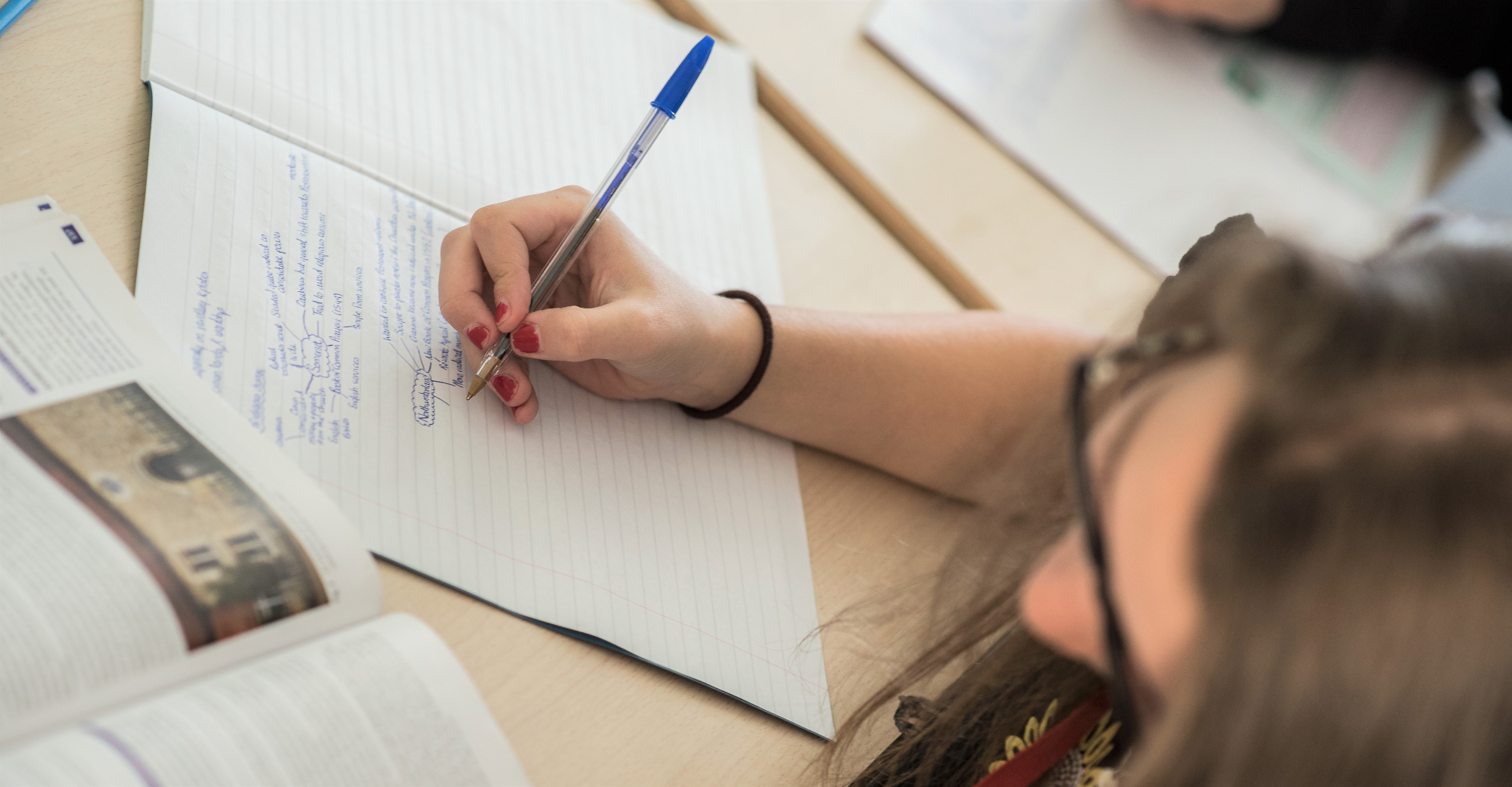Pudsey Grammar School
Mount Pleasant Road
Pudsey, Leeds, LS28 7ND
Headteacher: Mr M McKelvie BEng (Hons.) Glas.
0113 255 8277
info@pudseygrammar.co.uk
View navigation
Sixth Form

Criminology is the scientific study of the nature, extent and causes of crime.
In Year 1 students will study: In Unit 1, Changing Awareness of Crime, students campaign for change relating to crime. Learners will have gained skills to differentiate between myth and reality when it comes to crime and to recognise that common representations may be misleading and inaccurate. They will understand the importance of changing public perceptions of crime. This will then be used to plan a media campaign for change in relation to crime. For example the campaign might raise awareness, change attitudes or change reporting behaviour.
In Unit 2, Criminology Theories, students apply their understanding of the public perceptions of crime and campaign for change studied in Unit 1 with criminological theories to examine how both are used in set policy. Learners will think about what behaviour is criminal? What is the difference between criminal behaviour and deviance? How do we explain why people commit crime? What makes someone a serial killer, or abusive to their own families? Criminologists have produced theoretical explanations of why people commit crime, but which is the most useful?
In Year 2 students will study: Unit 3 Crime Scene to Courtroom Students will review criminal cases, evaluate the evidence in the cases to determine whether the verdict is safe and just. Learners will look at the criminal trial process and the many different people and agencies it involves. There are strict rules as to how evidence is collected from a crime scene and also strict rules governing the giving of evidence in court; learning about these rules will allow the learner to review the trial process and assess whether the aims of the criminal justice system have been met.
In Unit 4, Crime and Punishment, students think about the criminal justice system in England and Wales and how it operates to achieve social control. Learners will look at the organisations which are part of our system of social control and their effectiveness in achieving their objectives. As such, they will be able to evaluate the effectiveness of the process of social control in delivering policy in different contexts.
Students will be assessed through external exams and controlled assessment: Assessment Unit 2 and Unit 4 are external exams that can be taken in June of each year. Each exam is 90 minutes long and has a mix of short and extended answer questions. Units 1 and 3 are controlled assessments where learners have to work through an assignment using their knowledge and evaluation skills.